Most Americans Hesitate to Embrace Electric Cars, Refuse to Give Up Gas
Recent research indicates that while electric vehicles (EVs) are gaining traction in the market, many Americans remain hesitant about adopting them as their primary mode of transportation.
Additionally, some who have already purchased EVs are considering returning to gasoline vehicles.
Electric Vehicle Purchase Intentions
A poll conducted by Yahoo Finance and Ipsos has revealed that 57% of Americans are not contemplating the purchase of an electric vehicle for their next car.
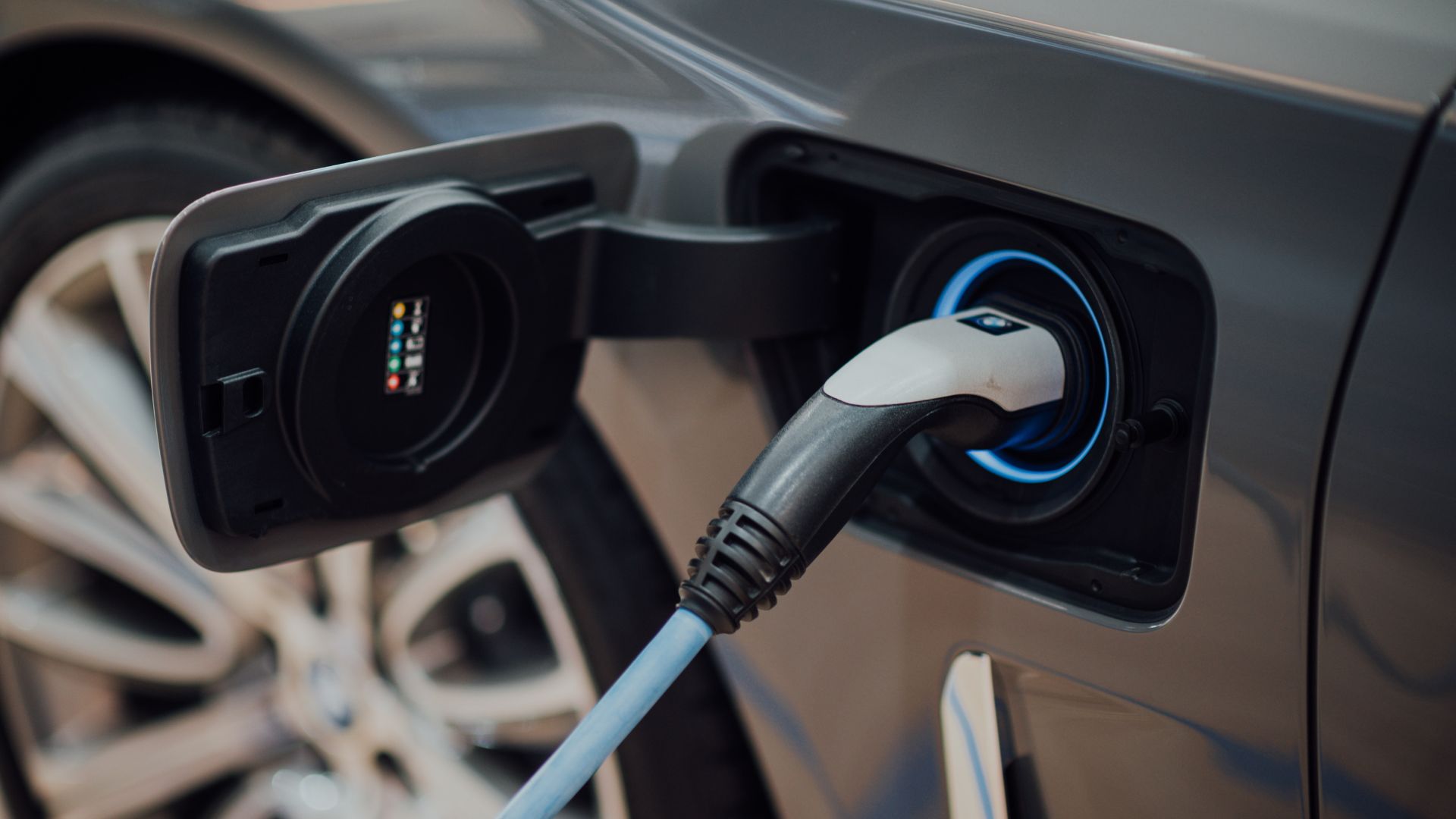
Source: CHUTTERSNAP/Unsplash
These findings provide insight into the public’s sentiment, even as automakers increasingly emphasize and invest in EV technologies and marketing.
Factors Influencing Electric Vehicle Hesitation
The apprehension towards EV adoption can be attributed to several reasons. The primary concerns, as identified by the survey, are the high initial cost of electric vehicles, their limited driving range, and an inadequate charging infrastructure.
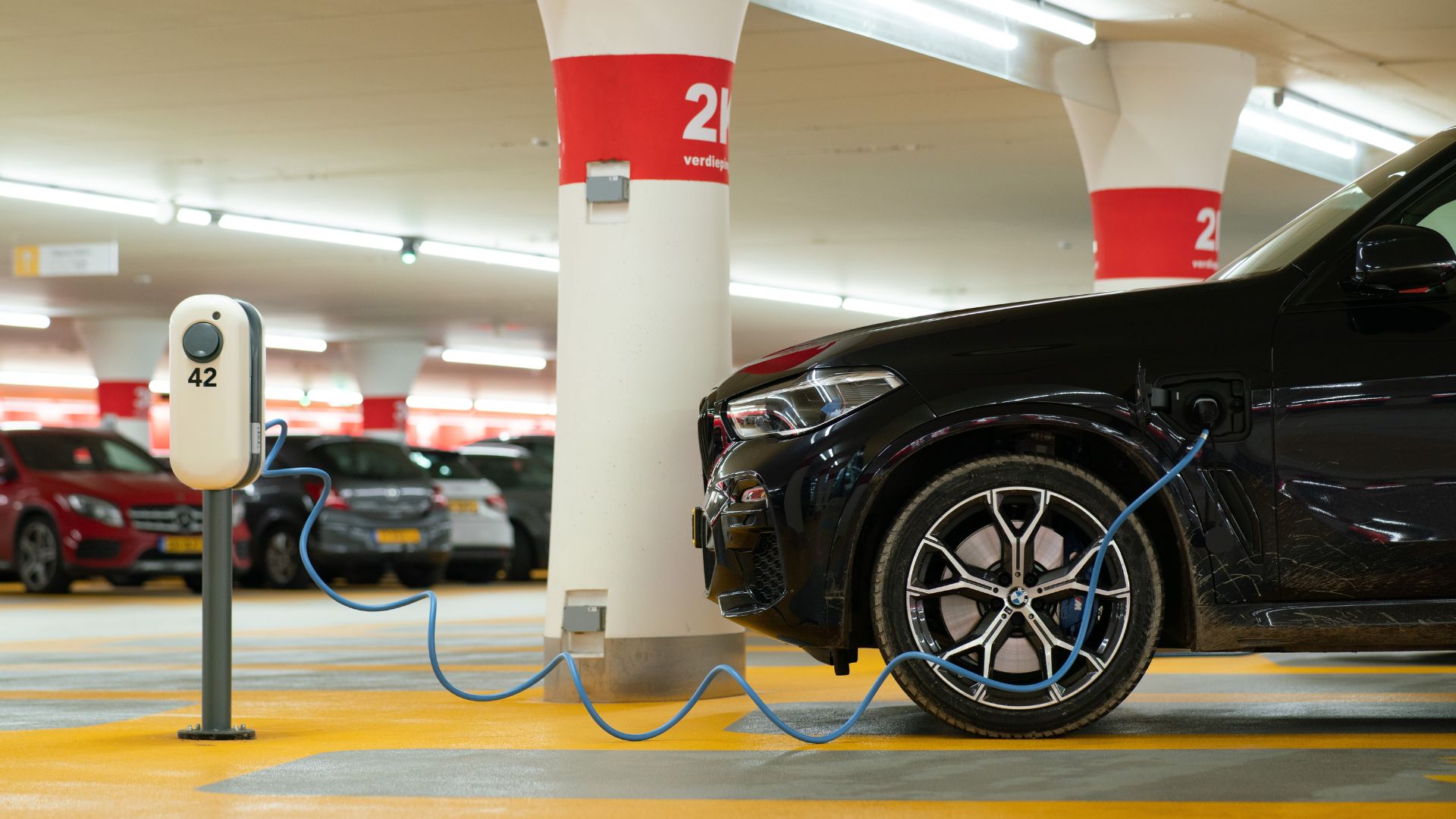
Source: Michael Fousert/Unsplash
Additionally, the study has shown a distinct political divide in the willingness to adopt EVs.
EV Ownership and Post-Purchase Behavior
After purchasing an electric vehicle, not all consumers remain committed to the technology. Data from S&P Global Mobility illustrates that a number of EV owners subsequently opt for a gasoline vehicle.
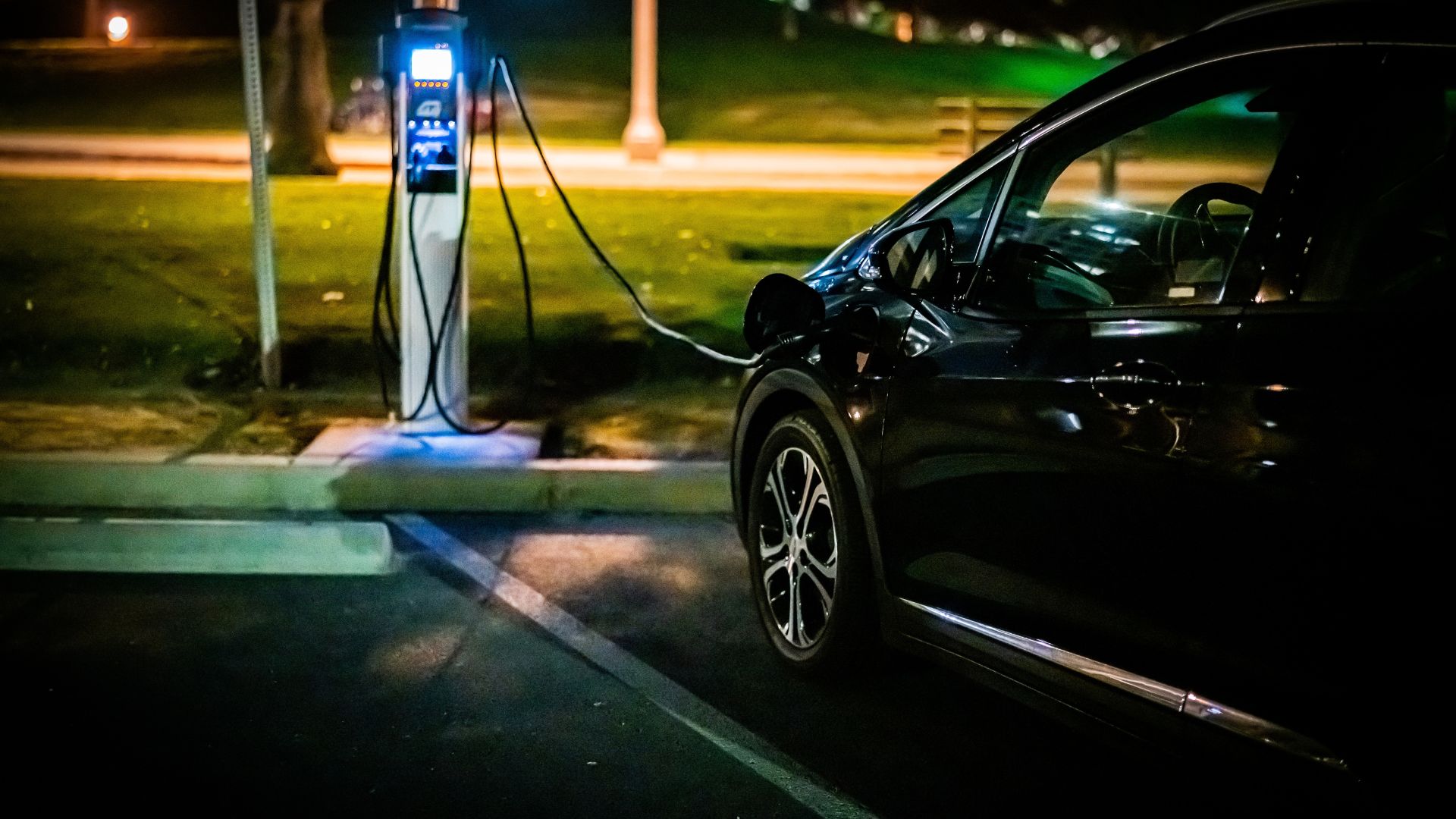
Source: Oxana Melis/Unsplash
The reasons for this trend are multifaceted and offer insight into consumer behavior post-EV adoption.
Dual Ownership Trends
Some consumers find value in owning both an electric vehicle and a gasoline-powered one.

Source: Christian Wiediger/Unsplash
This allows for flexibility in choosing a vehicle that’s best suited for a particular journey, be it a short daily commute or a long-distance trip. This trend can offer a balanced solution to the transition from gasoline to electric.
Brand Loyalty in the EV Market
Brand loyalty plays a significant role in EV repurchase rates. According to the data, Tesla owners exhibit a notably high loyalty, with 76.7% of them opting for another EV from the brand.
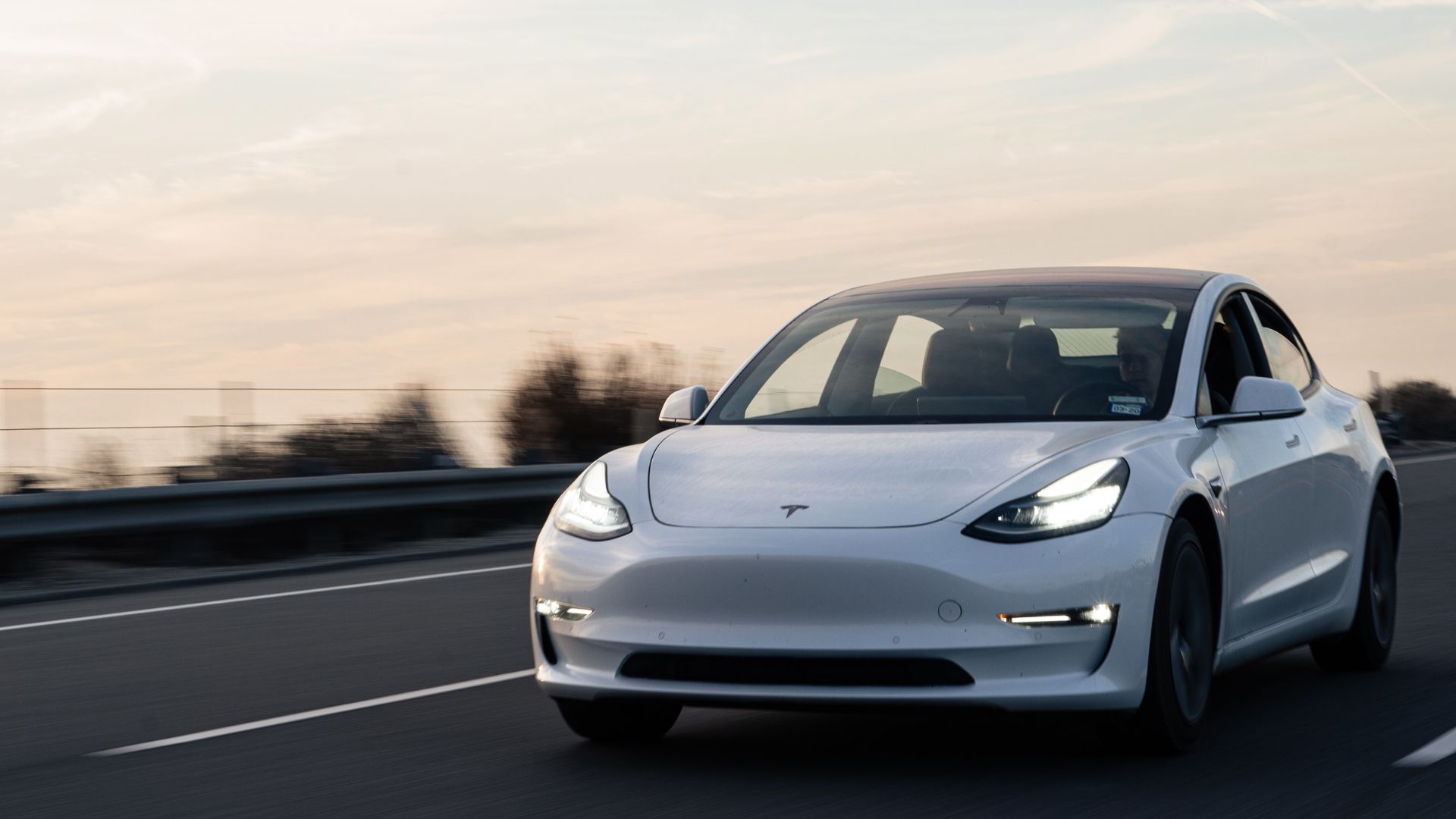
Source: Carter Baran/Unsplash
In contrast, other luxury brands like Porsche and BMW have lower EV loyalty rates, standing at 36.8% and 45.9%, respectively.
Growth in US Electric Vehicle Sales
Despite varied sentiments, the electric vehicle market in the US is witnessing consistent growth. Data from Cox Automotive confirms that EV sales have been on the rise for 13 consecutive quarters.

Source: Zaptec/Unsplash
Additionally, the US is projected to see over 1 million EVs sold this year, marking a significant milestone.
Gasoline's Continued Hold
Though electric vehicles are making headlines and sales are increasing, gasoline vehicles continue to be the preferred choice for a significant portion of Americans.

Source: Erik Mclean/Unsplash
The deep-rooted history and infrastructure for gasoline vehicles in the US is a contributing factor to this trend.
Projected EV Sales
The electric vehicle market is showing promising signs of growth. With advancements in technology and infrastructure, the US is on track to record the sale of more than 1 million electric vehicles in a single year.
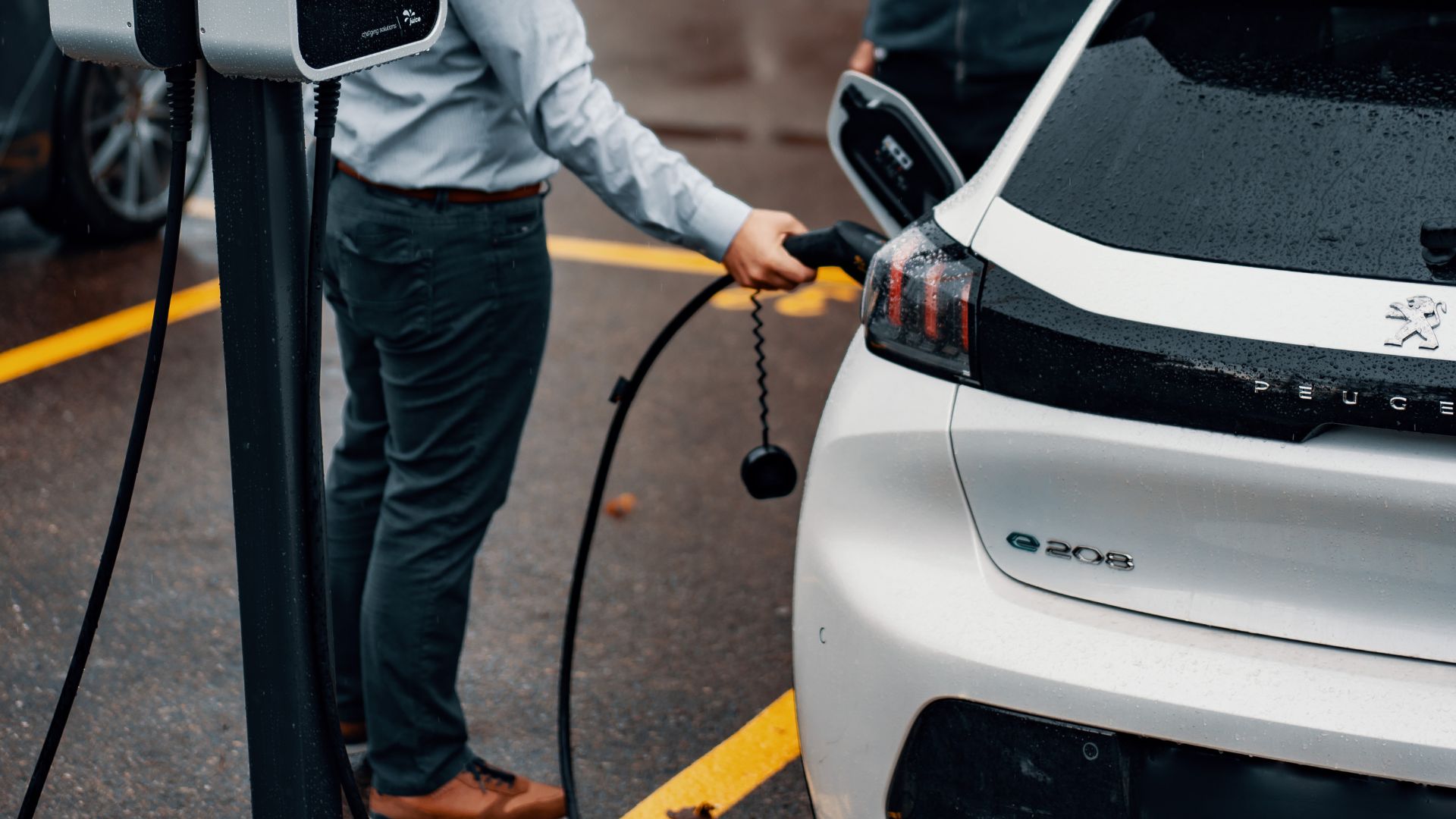
Source: JUICE/Unsplash
This indicates a substantial interest and trust in the technology by a portion of the population.
Political Influence on EV Adoption
The study has identified a political dimension to the willingness to adopt electric vehicles.
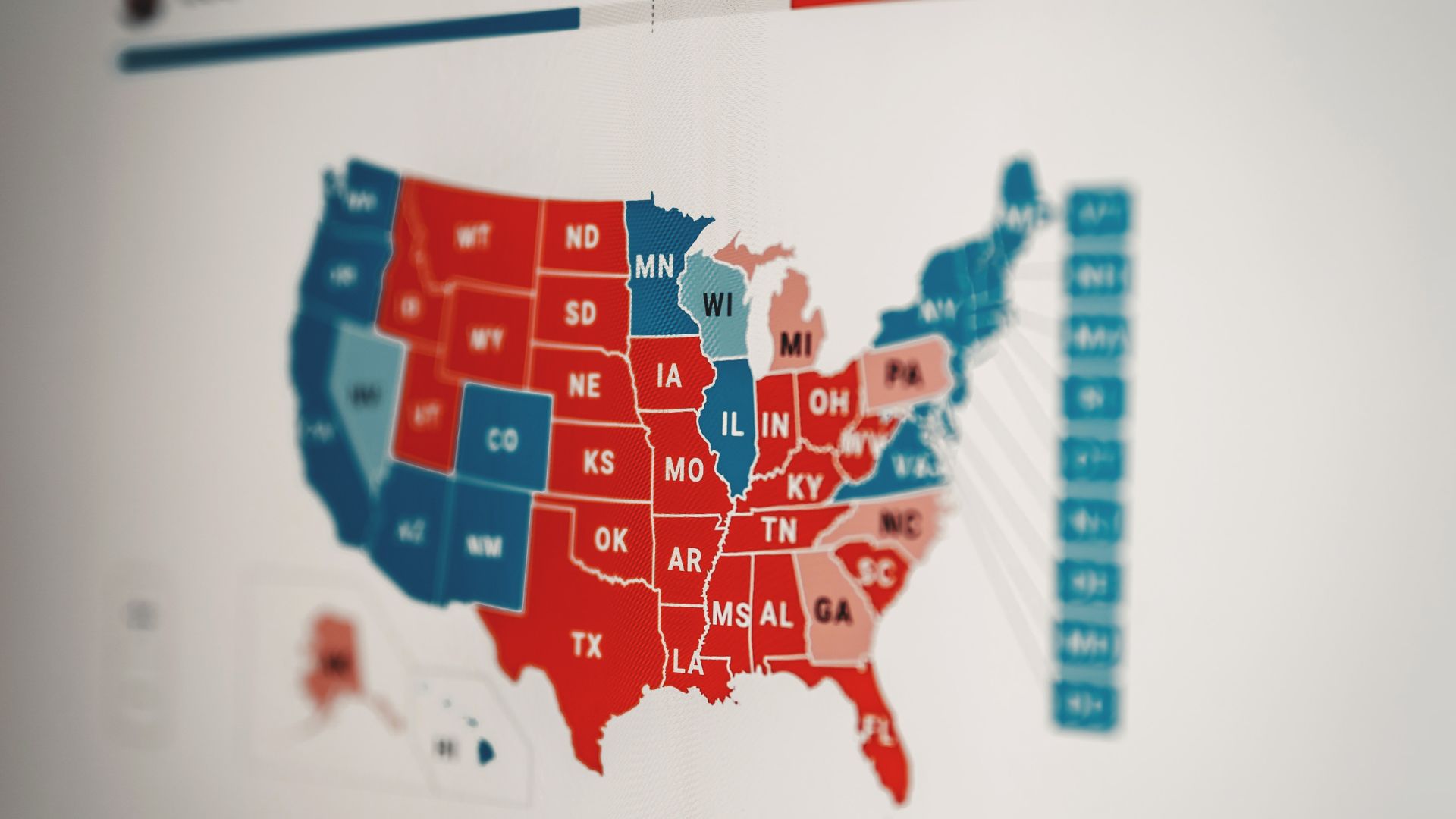
Source: Clay Banks/Unsplash
Democrats show a higher inclination towards EVs, with 41% expressing interest, compared to 17% of Republicans.
The Future of Electric Vehicles
The automotive industry is undergoing a significant transformation, with electric vehicles at the forefront.
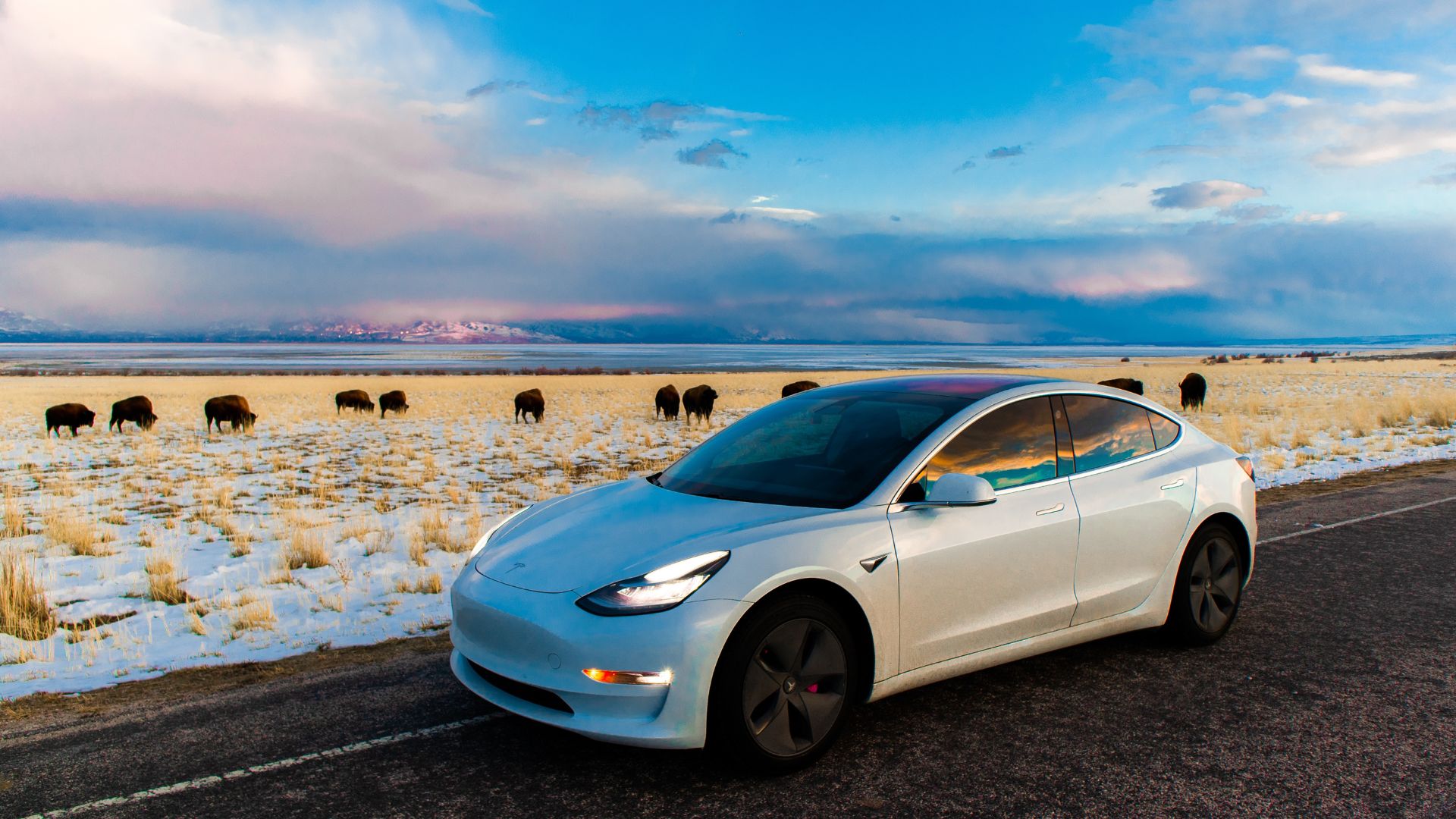
Source: Taun Stewart/Unsplash
As technologies improve and infrastructure expands, the balance between gasoline and electric vehicles will evolve. Current data provides a snapshot of this transition, emphasizing the complexity of this shift.
The Ongoing Transition
The transition from gasoline to electric vehicles is multifaceted, influenced by technological, economic, and political factors. As the market continues to evolve, consumer behavior, brand loyalty, and infrastructure developments will play crucial roles.
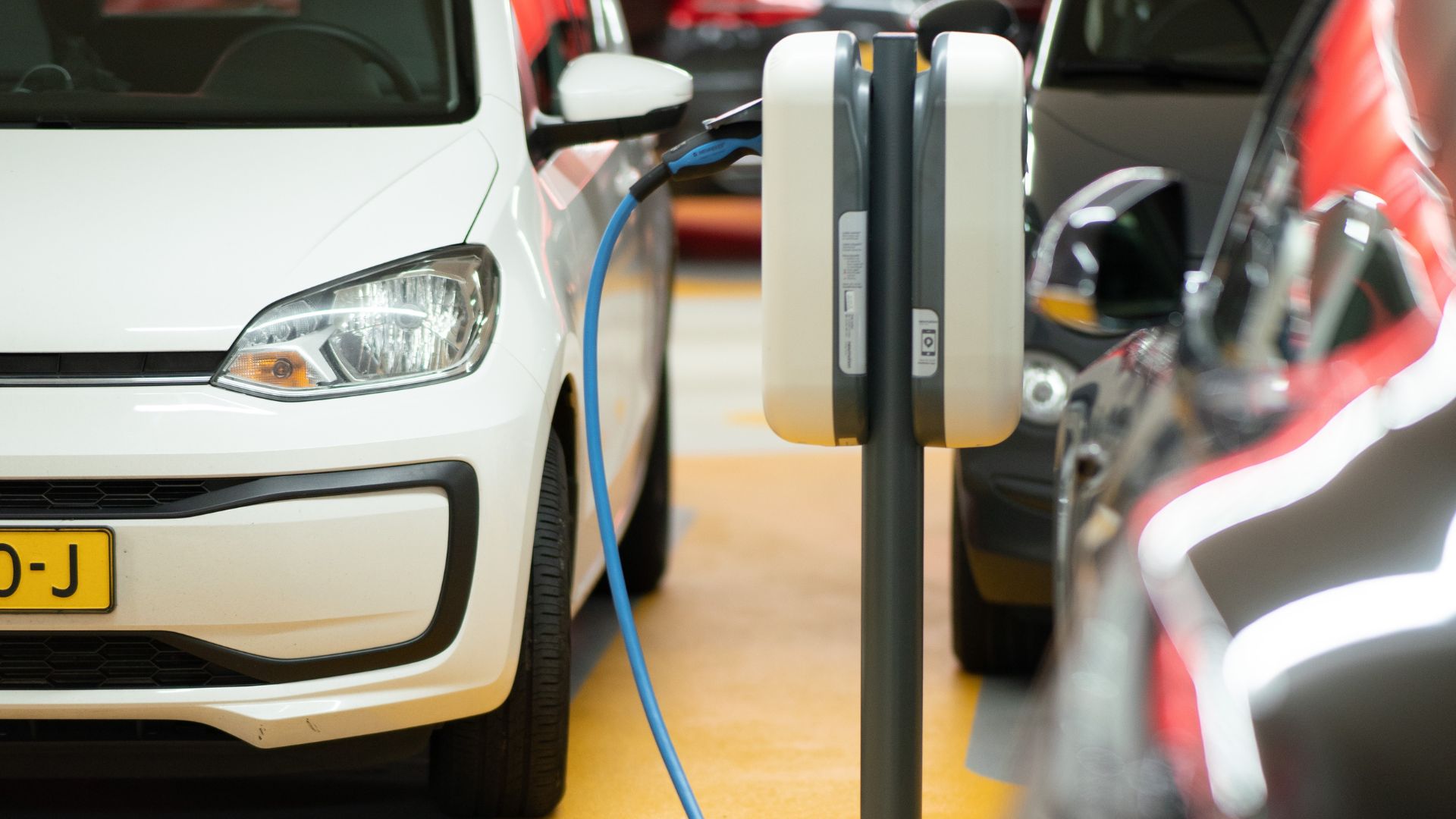
Source: Michael Fousert/Unsplash
Observing these trends and understanding their drivers is essential for predicting the future landscape of the automotive industry.
